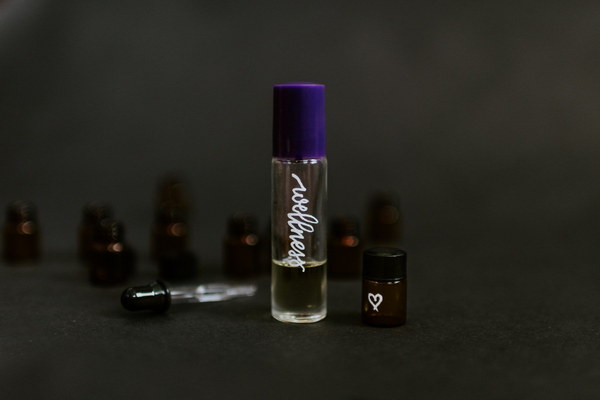Revitalizing Your Health The Best Practices for Post-Illness Replenishment
After overcoming an illness, it is crucial to focus on replenishing your body to regain your strength and vitality. This article will guide you through the best practices for post-illness replenishment, ensuring a smooth recovery and a return to your normal activities.
1. Rest and Sleep
The first step towards recovery is to ensure adequate rest and sleep. Your body requires time to heal, and rest is essential for tissue repair and immune system rejuvenation. Aim for at least 7-9 hours of quality sleep per night, and try to establish a regular sleep schedule.
2. Balanced Diet
A balanced diet plays a vital role in post-illness replenishment. Focus on consuming a variety of nutrient-rich foods to support your body's recovery. Here are some key dietary recommendations:
a) Protein: Protein is essential for tissue repair and muscle strength. Include lean meats, fish, eggs, dairy products, legumes, and plant-based protein sources in your diet.
b) Whole grains: Whole grains provide energy and fiber, which aids in digestion. Incorporate whole grains such as brown rice, quinoa, whole wheat bread, and oatmeal into your meals.
c) Fruits and vegetables: These are packed with essential vitamins, minerals, and antioxidants that help boost your immune system and fight inflammation. Aim for a colorful variety to ensure a wide range of nutrients.
d) Healthy fats: Healthy fats, such as those found in avocados, nuts, seeds, and olive oil, are important for brain function, cell repair, and overall health.
3. Hydration
Proper hydration is crucial for post-illness recovery. Drinking plenty of water helps maintain electrolyte balance, aids in digestion, and promotes overall well-being. Aim for at least 8-10 glasses of water per day, and consider incorporating herbal teas or infused water with slices of fruits or vegetables for added flavor.
4. Gentle Exercise
As you begin to regain your strength, incorporate gentle exercise into your routine. Light activities, such as walking, swimming, or yoga, can help improve circulation, reduce stress, and boost your mood. Consult with your healthcare provider before starting any exercise program, especially if you have underlying health conditions.

5. Stress Management
Stress can hinder your recovery process. Find healthy ways to manage stress, such as practicing mindfulness, meditation, deep breathing exercises, or engaging in hobbies that bring you joy.
6. Vitamin and Mineral Supplements
In some cases, your body may require additional vitamins and minerals to aid in recovery. Consult with your healthcare provider to determine if you need supplements. Common supplements for post-illness replenishment include:
a) Vitamin C: Boosts immune system function and supports collagen production.
b) Vitamin D: Enhances calcium absorption and supports bone health.
c) Iron: Important for oxygen transport and energy production.
d) Magnesium: Aids in muscle relaxation, stress reduction, and sleep.
7. Regular Follow-Up with Healthcare Providers
Keep in touch with your healthcare provider throughout your recovery process. They can monitor your progress, address any concerns, and offer guidance on your journey to optimal health.
By following these best practices for post-illness replenishment, you'll be well on your way to a healthy and robust recovery. Remember to listen to your body, prioritize self-care, and seek professional advice when needed. With time and patience, you'll soon be back to your normal self.









